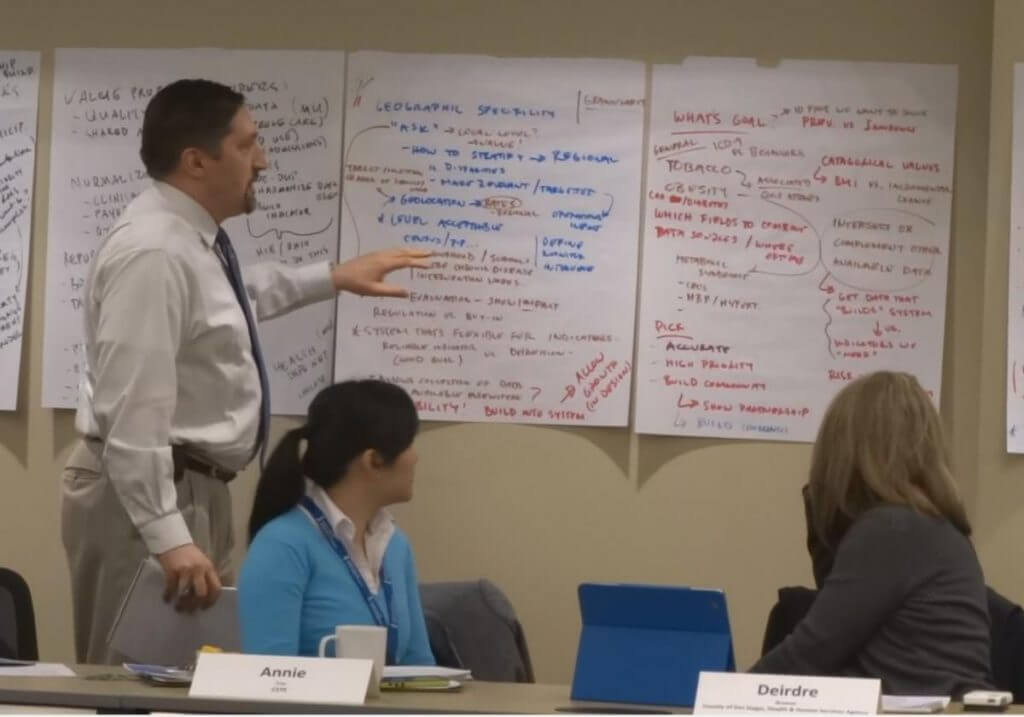Despite these facts, fighting NCDs hasn’t been a priority for funders and countries, as most of the global health focus is on infectious diseases. As I prepare to step into my new role as CEO of the Task Force for Global Health in a few months, NCDs and chronic illnesses are areas of work I want to push my team to hone in on. These numbers tell us there is a growing need for effective programs and interventions, and they create a space for us to apply our strengths to have an impact on the four principal areas of NCDs: heart disease, cancer, diabetes and respiratory disease.
What is the Task Force’s role in the fight against NCDs?
There is endless potential in the programs here at the Task Force to insert ourselves into this arena in a way that can help chart the course forward. From the perspective of health system strengthening, we’re equipped with the knowledge and tools needed to build capacity and perform surveillance around NCDs through training and education opportunities present in TEPHINET and PHII’s Informatics Academy. Drug donation models we use to provide medical oversight, prevent, and treat different diseases could possibly be replicated and lay the groundwork for tackling NCD-related deaths, specifically in low- and middle-income countries. We can leverage our work in bettering information systems to connect missing data that could be vital for ministries of health and partners to examine and direct their energies towards. Bringing together all of these capabilities to help carve out a solution can leave a lasting impact on stifling the growth of these epidemics.
What’s next?
We are positioning ourselves to answer questions like these and begin building strategies that work towards progression. How can we use what we know to have an impact on any one of these non-communicable diseases? We first have to determine where to put our focus and how to align our strengths with the needs that are present in confronting NCDs. We face an opportunity where we can take all the great work we do in different areas across our organization and use it for the advancement of public health as a whole, starting with NCDs. That is my goal when I assume the leadership role of the Task Force.


